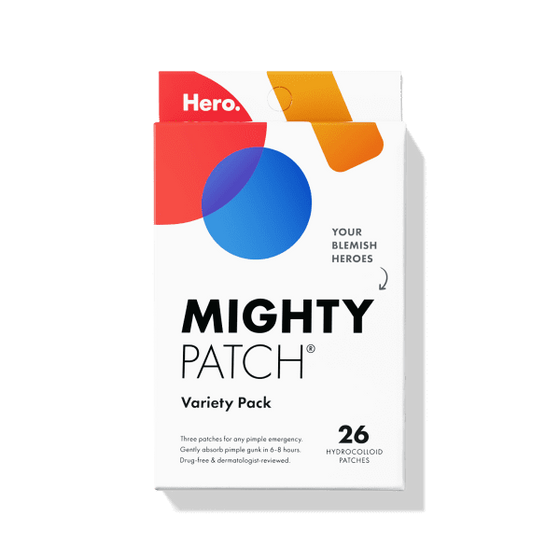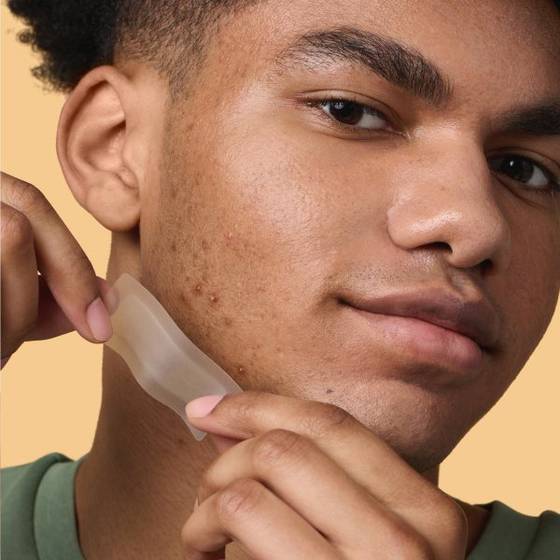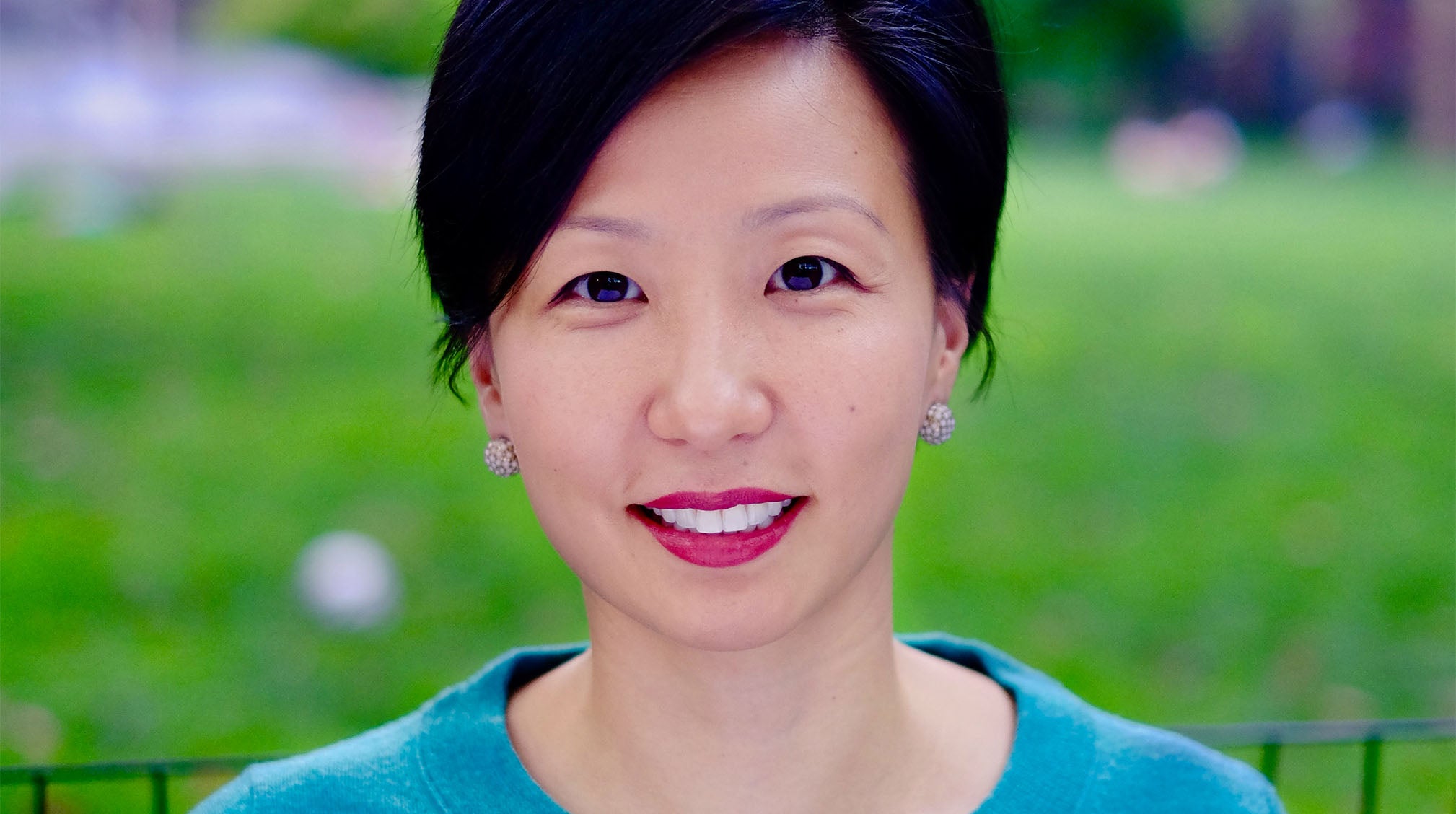
Whether you’re still drinking pina coladas by the pool or packing to move into a new fall semester, we have to admit that the winds are picking up a little harder and the mornings feel a little chillier. But hey, if it’s fall, we’re not complaining if chai lattes and sweaters are coming back early!
But as nice as the chilly weather is, Fall is also a season of transitioning. The month of September is filled with students heading back to school and adults starting new jobs. Things can feel very overwhelming as we try to unravel all the new experiences, which is why we felt the need to share some ideas about managing stress better with you guys. We spoke to Dr. Michelle Chung, a clinical psychologist at her own private practice in New York and a professor at the Mount Sinai Medical Center. She works with clients on managing stress and finding balance in life using evidence-based treatments. She teaches coping strategies, mindfulness, and biofeedback techniques to effectively manage stress.
We’ve heard that stress can cause you to have more acne. Is that true? Can you describe a little bit about how that works?
Yes, this is true. Stress cannot cause acne directly, but it will make matters worse. Many people will experience more breakouts when they are under a lot of stress. For example, during finals week or right before a big presentation or starting a new job, it seems that a breakout is inevitable. Research found that stress triggers the release of hormones in your body (mainly cortisol and androgens). These hormones produce more oil or sebum that mixes with dead skin and bacteria that clog pores. It’s also important to consider stress-related habits that will increase the likelihood that acne will form. Picking at your skin, drinking more coffee, changes in diet, decreased sleep, or rushing personal hygiene routines all exacerbate acne.
What is the relationship between stress and food? And how can we learn to avoid unhealthy habits (i.e. eating a chocolate bar when we’re stressed)?
Most researchers believe that food alone cannot cause acne or prevent it. Some foods do make it worse, while others help your skin stay healthy. Most Americans consume a high-glycemic diet. These are food that will raise your blood sugar quickly. Foods like white bread, corn flakes, white rice, potato chips, white potatoes, pastries, sugary drinks all have a high glycemic index. In fact, some studies have shown that low-glycemic diets can actually reduce acne breakouts. When your blood sugar spikes, it causes inflammation in your body which triggers more sebum in your skin. Other foods thought to increase acne are milk, sugar, whey protein powder, “bad fats”, and cocoa (main ingredient in chocolate). The link between these particular foods and acne are still being researched but smaller studies have noted a connection. Eating a healthy diet rich in vegetables, fruits, nuts, Omega-3 fatty acids, and other antioxidant rich foods also help to regulate “gut health” which is linked to emotional health and emotional stability as well. More to come below about different ways to cope with stress without reaching for chocolate!
What’s one of the main causes of stress you see from young adults? Are they more stressed due to relationships, work, or are they mostly having a hard time adjusting to a new environment?
Many experts believe that stress and anxiety are becoming an epidemic. It is increasing with each generation. The American Psychological Association conducts a survey every few years on stress. Generation Z is reporting more stress than the Millennial generation. With each generation the percentage of people willing to say their mental health is good decreases. In fact, less than half of the Gen Z population feels their mental health is “very good”. In my practice, the stressors I hear most about in young adults is related to national news, money, work, and relationships. The national survey followed a similar trend. Mass shootings, global warming, immigration, sexual harassment reports were the top national news and events that were stressful. On a personal level, money, work, health, family responsibilities, and relationships were the top 5 stressors.
I also read that a little bit of stress is good for you and acts like a little engine that keeps you running. How do we know when we have too much stress? And how can we learn to manage the stress?
Great question! We need stress and anxiety in our lives. It’s a normal human emotion that has a purpose - to help us survive and keep us safe. It’s a product of our body’s internal alarm system, to keep us away from danger and to be prepared. There is a delicate relationship between stress/anxiety and performance. We need something to drive us to present our best results. It’s a bell curve. We want just the right amount of stress to get the optimal performance level, but too much stress or too little can work against us. Good stress comes in the form of a roller coaster ride, or focusing on getting a promotion, or going on a first day. Too much stress is bad for your health, especially chronic stress.
There are emotional, mental, and behavioral changes associated with too much stress. Looking for these symptoms or a combination is important. Studies show that people experiencing unhealthy amounts of stress tend to have increased acne, physical symptoms such as headaches and chronic pain, getting sick frequently, decreased energy, insomnia, decreased sex drive, digestive or stomach issues, changes in appetite, depressive episodes, moodiness, cognitive slowing, memory decline, and show nervous habits such as pacing back and forth or nail biting.
Living a stress-free life is impossible. However, there are things you can do to help prevent stress overload and cope with stressful situations. The specifics can be different depending on the person, but there are three main categories to think about. The way you think about things, what you do with your time or manage it, and how you cope with the feeling of stress.
It is important to know yourself and to check-in with yourself (be mindful). If you are feeling overwhelmed, stop for a moment and think about why and what you can do to minimize the stress. Prioritize what is important in that moment and what things can wait. I like to ask my clients, what do you have to do and what do you want to do. Try to always include one of the things on your “want to do” list daily.
Self-care and preventative steps are also important. Healthy diet, adequate sleep, physical exercise, and a good supportive social network are things that most everyone can benefit from. In fact, having meaningful connections with friends and people that matter is believed to be one of the most important resiliency factors to combat stress.
Other ways to think about self-soothing in a stressful moment is to use your 5 senses and let it guide you to find what is relaxing. For example, is it looking at pictures or videos of kittens and puppies, sounds of nature, a happy song, the smell of freshly baked cookies, a warm cup of tea, or a soft blanket.
I also recommend a combination of stretching and yoga like exercises with other methods that use proprioceptive input on your body (i.e. boxing or running). This has shown to help relieve stress and anxiety in different ways.
Mindfulness and meditation are extremely helpful as well. Even if you cannot find the time or space to formally practice mindfulness, try to incorporate it into your commute to and from work or mindfully walk or listen to the sounds around you when going on your 3pm coffee break. Every little bit counts and accumulates. I often encourage my clients to use mindful moments as a reset button in their day. If they are feeling stressed at a 8/10 use a quick mindfulness exercises to bring it down to a 5 or 6/10 and then take a walk or a bathroom break, get a cold glass of water, or a warm cup of tea, or simply take a few slow breaths to calm your body down. If you slow you heart down by slowly breathing, you will slow your body down which will in turn slow your mind down. Whatever you chose to do in those moments, make it count, make a conscious thought that I am doing something nice for myself in this moment, a sort of “treat myself” moment.
RELATED READ: Meditation For Your Mind, Body, and Acne
How are young adults changing their sleeping habits due to school or work? How does this affect their health and productivity?
Sleep will affect your physical, emotional, and cognitive health. If you do not get enough sleep and do not get consistent good sleep, you will see it effecting your overall productivity, energy levels, focus, creativity, mental sharpness, memory, judgment, and problem-solving skills. Eventually, it will lead to burn out. We cannot have a conversation about young adults and sleep habits without mentioning the phone and streaming video culture. This has changed sleep habits dramatically. Although the phone and watching videos are a nice distraction and at times needed, using these devices in bed and while you are falling asleep has created a problem. There is a problem with blue light from the devices but also the content is so stimulating that it is nearly impossible to fall asleep right away, not to mention the constant notifications from social media or emails from work. This adds stress to respond and also spikes dopamine in your brain. Using these devices before bed has created an epidemic of insomnia. I suggest if you like to use the phone or videos to help fall asleep, play at audiobook or podcast and turn the phone screen down so you cannot see the light.
What’s one method or tip you have for someone to maintain a healthy mental state?
Picking one method is tough, but if I had to stress one thing it would be BALANCE! It is like eating a healthy diet. You need every food group to be present, and the right balance of each. Find with helps you feel relaxed, find what brings you joy, find what brings you purpose. Balance those things with things you “should” focus on. If you cannot change your situation due6 to the circumstances, try to change the way you perceive or interpret the situation.
Make it a challenge and find some meaning or lessons that you will learn. Accept the situation instead of thinking about “why is it this way” or “what could be different” or “why me.” Instead, try to accept that life is sometimes unfair or hard and that like all feelings, negative feelings do not last forever. Remember that most things in life have positive and negatives, it is a dialectic. Try to find the more positive moments or interpretations in the situation. It can go a long way when you are feeling stuck in a stressful rut. Practicing mindfulness is the best way to pause and assess your life, then you can think clearly and take steps to make things better.
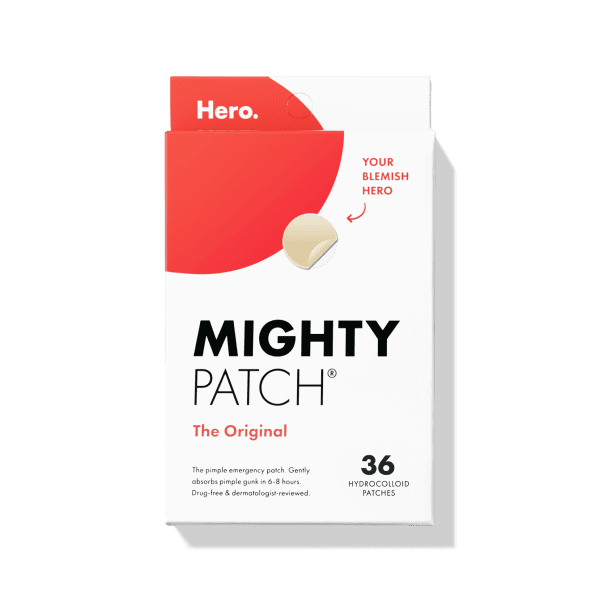

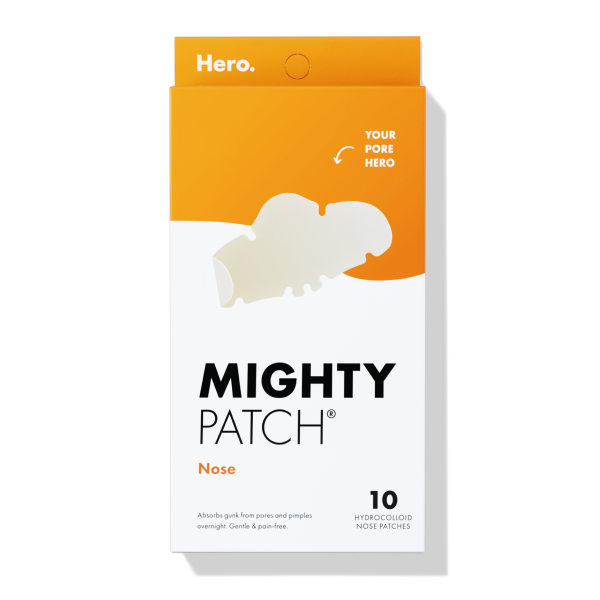
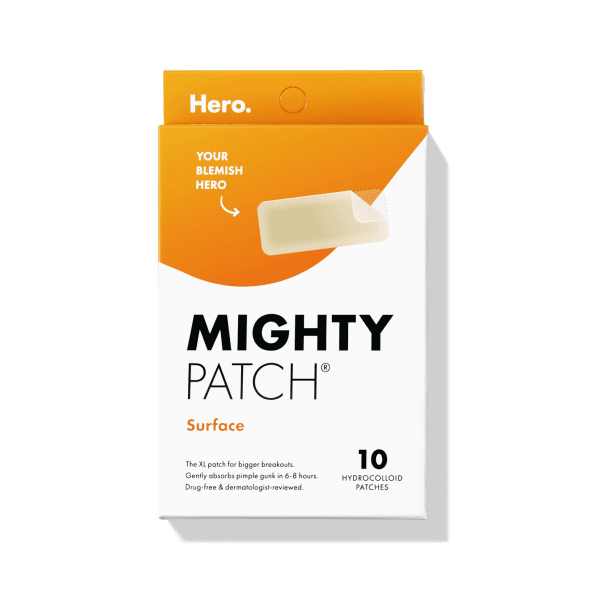

.png?v=0)
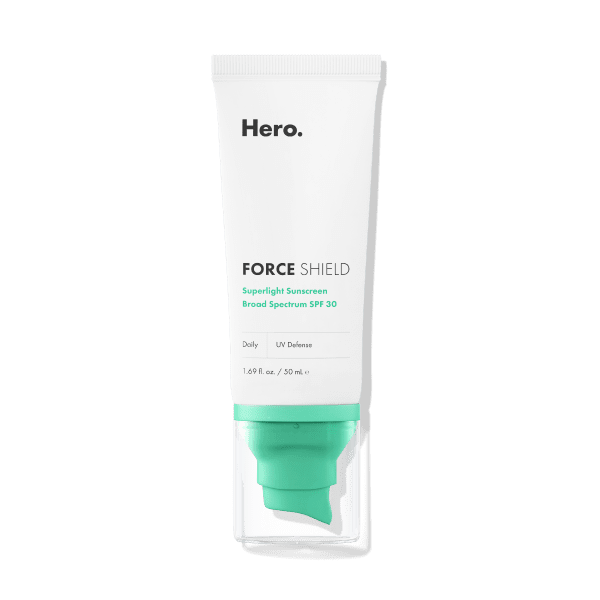
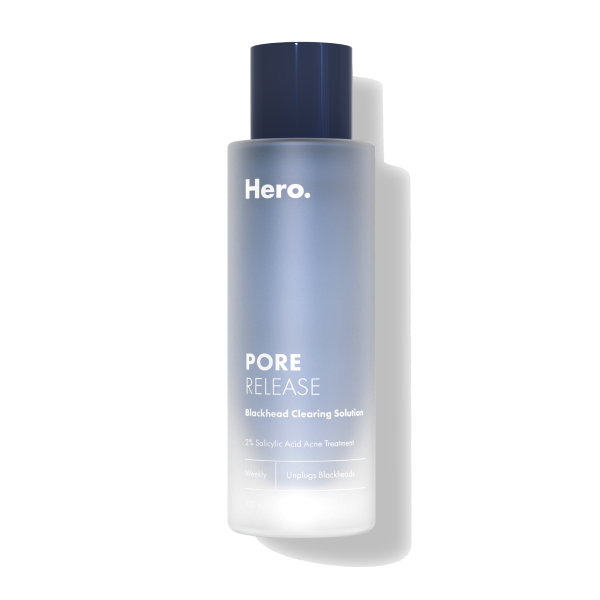


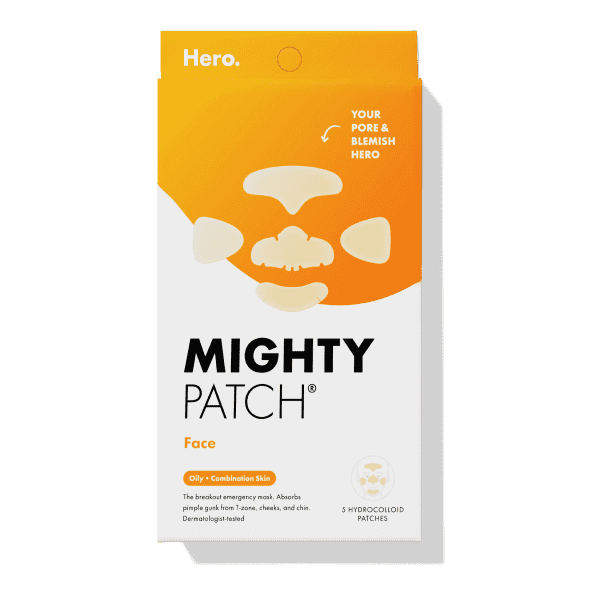
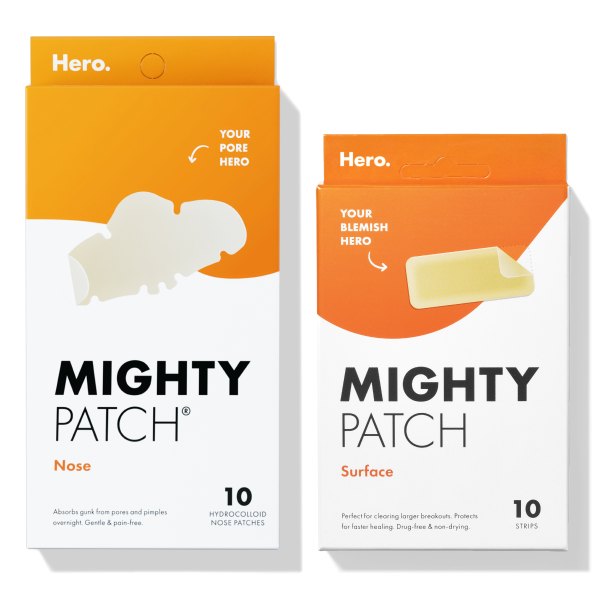
.png?v=1663017252122)
